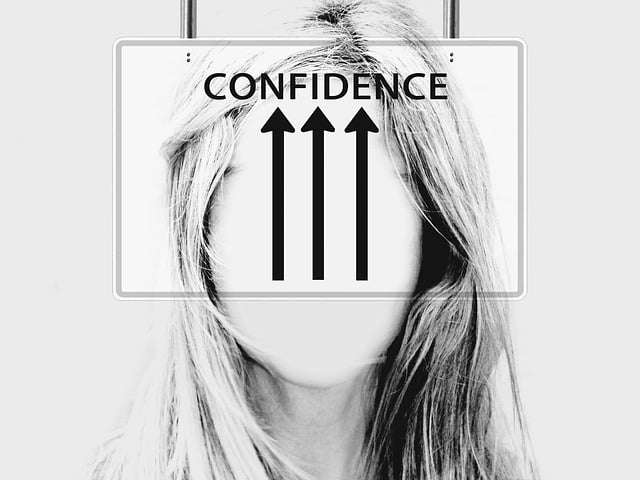Self-Exclusion Tools empower individuals to take control of their gambling habits by restricting access to gaming platforms, promoting responsible gaming. These tools include setting deposit limits, account suspensions, and geo-fencing during vulnerable periods, as well as utilizing specialized programs offered by gaming websites. Combining these measures with personal discipline fosters healthier habits, with regular reviews ensuring ongoing protection. Advancements in technology will enhance the effectiveness and accessibility of Self-Exclusion Tools, playing a vital role in shaping responsible gaming practices within the digital landscape.
Self-exclusion tools are powerful resources in the realm of responsible gaming, enabling individuals to take control of their gambling habits. This article provides a comprehensive guide to understanding and utilizing these tools effectively. We explore basic strategies for implementation, delving into the impact and potential future advancements in self-exclusion technology. By embracing these measures, gamers can foster a healthier relationship with gaming, ensuring a more balanced and enjoyable experience.
- Understanding Self-Exclusion Tools: A Basic Guide
- Implementing Effective Self-Exclusion Strategies
- The Impact and Future of Self-Exclusion Tools in Responsible Gaming
Understanding Self-Exclusion Tools: A Basic Guide

Self-Exclusion tools are mechanisms designed to help individuals take control of their gambling habits by voluntarily limiting or stopping access to gambling platforms. These tools play a crucial role in promoting responsible gaming, especially for those who may be at risk of developing problematic gambling behaviors. They offer a proactive approach where players can set personal boundaries, ensuring they don’t spend excessive time or money on gambling activities.
Understanding Self-Exclusion Tools involves grasping how they work and the various forms they take. Typically, these tools allow users to register their preference to restrict access to their accounts for a specified period. This could mean blocking certain games, setting daily or weekly deposit limits, or even permanently closing their account. By utilizing self-exclusion strategies, individuals can foster better control over their impulses and make informed decisions regarding their gaming habits.
Implementing Effective Self-Exclusion Strategies

Implementing effective self-exclusion strategies involves a multi-faceted approach leveraging specialized tools and mindful practices. Start by identifying triggers—behaviors, environments, or people that lead to problematic gambling tendencies. Once identified, utilize self-exclusion tools like deposit limits, account suspensions, and geo-fencing to disrupt access during vulnerable periods. These measures create a digital barrier, helping individuals stick to their resolutions.
Additionally, seek support from gaming websites offering dedicated self-exclusion programs. Many platforms allow users to set personal limits, receive reminders, and even block themselves entirely. Combining these tools with personal discipline fosters healthier habits. Regularly reviewing and updating exclusion settings ensures ongoing protection, making it easier to maintain control and stay on track towards responsible gambling.
The Impact and Future of Self-Exclusion Tools in Responsible Gaming

The introduction and implementation of self-exclusion tools have marked a significant shift in the realm of responsible gaming. These innovative strategies empower players to take control of their gambling habits, offering a proactive approach to prevent excessive play and potential harm. By allowing individuals to set personal limits and temporarily ban themselves from online platforms, self-exclusion tools serve as a powerful mechanism to promote balanced gaming behavior. This not only ensures the well-being of at-risk gamers but also fosters a culture of accountability within the industry.
Looking ahead, the future of self-exclusion tools appears promising, with advancements in technology poised to enhance their effectiveness and accessibility. As the gambling landscape continues to evolve, these tools will play an increasingly vital role in navigating the digital realm of gaming, ensuring that responsible practices remain at the forefront of the industry’s progress.
Self-exclusion tools are powerful resources in the realm of responsible gaming, offering individuals a proactive approach to managing their gambling habits. By implementing effective strategies and utilizing these tools, players can take control of their time and money spent on games. As technology continues to evolve, so do the options available for self-exclusion, ensuring folks have access to support and navigation through digital landscapes. The impact of these measures is evident in fostering a healthier gaming culture, where individuals prioritize their well-being over fleeting wins. Ultimately, embracing responsible gaming practices, including self-exclusion tools, is a game changer, promoting a more sustainable and enjoyable experience for everyone involved.






